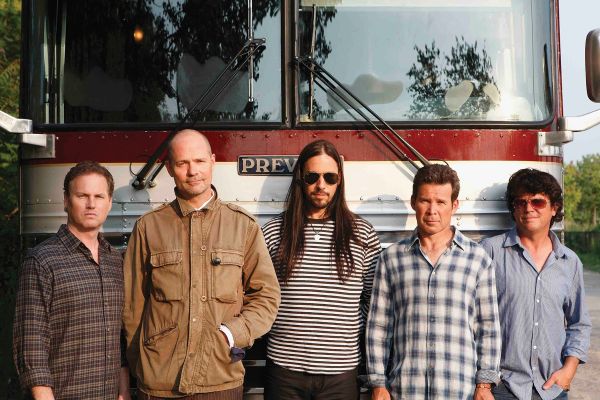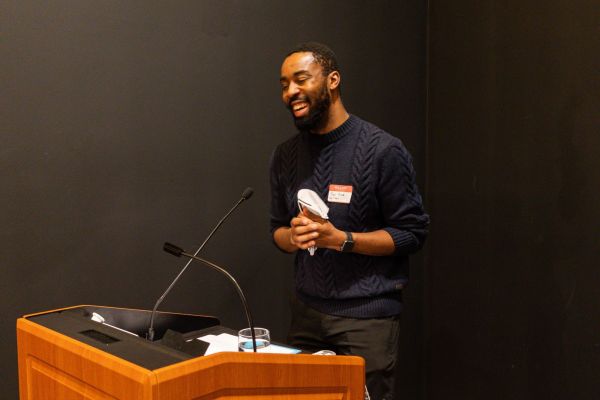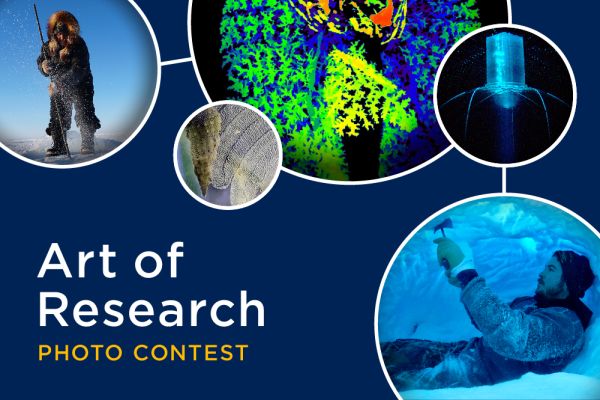Should a Tragically Hip song have been played at a Pierre Poilievre event?
Paul Langlois, a guitarist for Canada’s The Tragically Hip, was more than unhappy when recently alerted via Twitter that his band’s music was heard at a Conservative campaign event with Pierre Poilievre
Sex workers are left out in the cold by Ottawa’s unjust conviction amendments
The federal government recently announced its intention to amend the Expungement of Historically Unjust Convictions Act.








